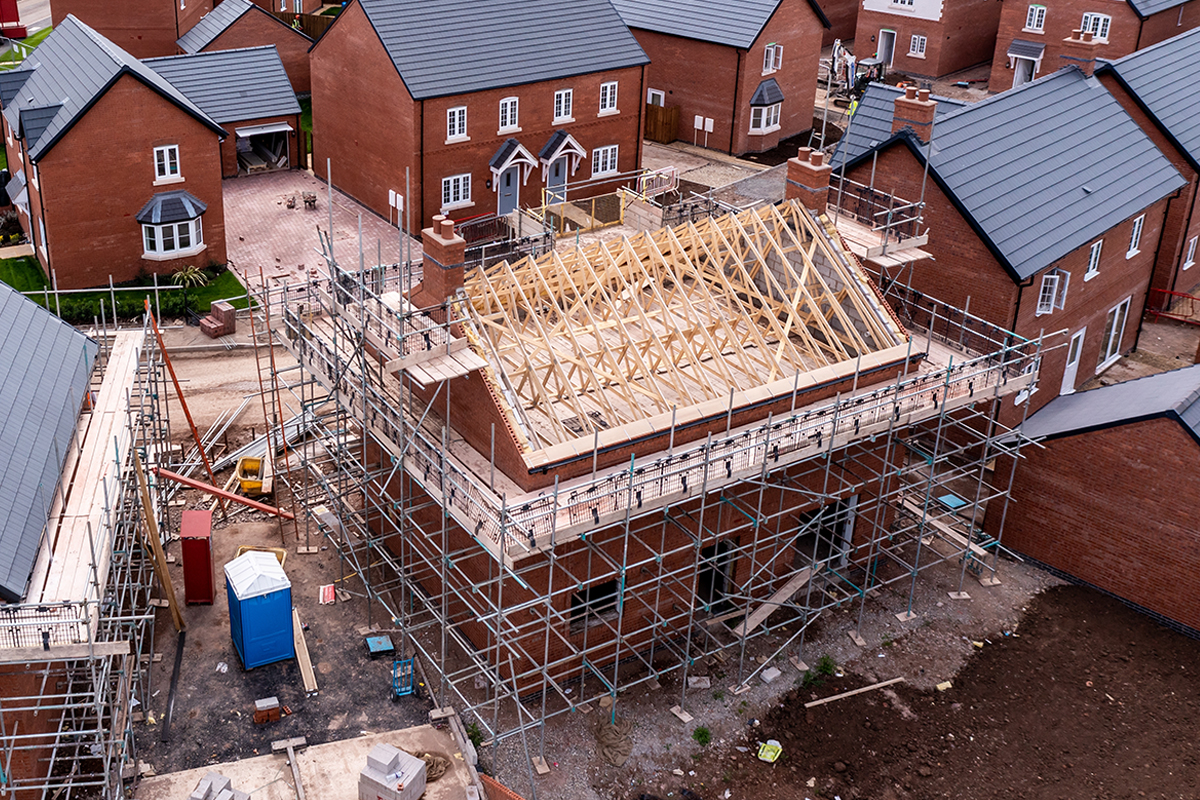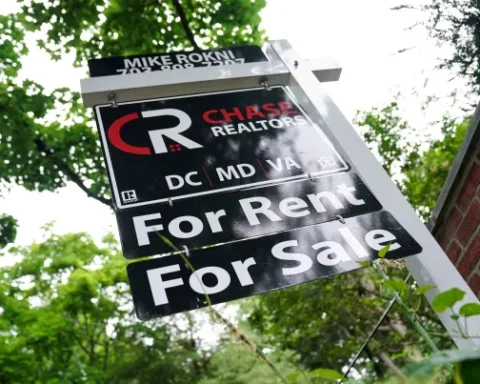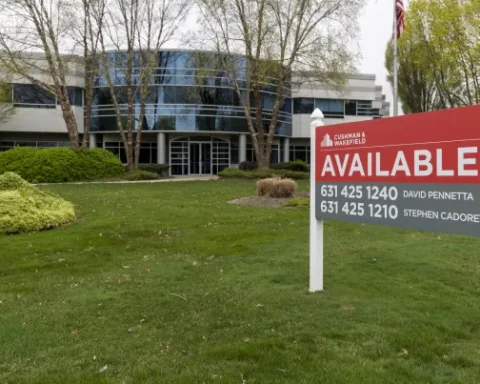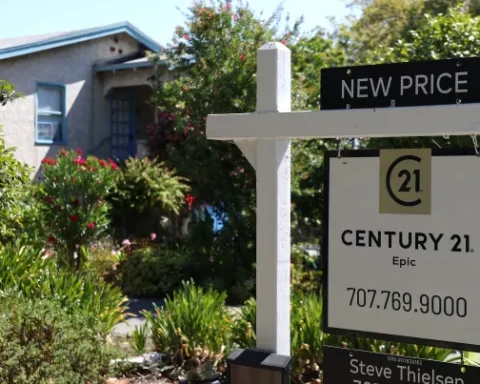Crest Nicholson predicts decreased profits as first-time homebuyer numbers plummet.
UK homebuilders faced the brunt of the stock market’s backlash following a profit warning from a leading firm in the sector. This was combined with information showcasing the most significant dip in property asking prices over the past five years.
Crest Nicholson, a prominent housebuilder, has adjusted its profit expectations for the financial year to around £50m, a downturn from the £74m predicted in June. This adjustment comes in the wake of a recent decline in home sales.
This news set off a wave of decreasing share values in the housebuilding sector. Leading the downward trend was Taylor Wimpey with a 4% drop on the FTSE 100. Persimmon, Berkeley, and Barratt followed suit, each decreasing by over 2%. This resulted in a staggering £500m being wiped off the market value of the UK’s primary home construction firms. Online property platform, Rightmove, also faced a nearly 2% share decline, while Crest Nicholson bore the largest decrease on the FTSE 250, dropping by 10%.
This downturn serves as a testament to the adverse effects of escalating interest rates — implemented to manage surging inflation — a decelerating economy, and the overall cost-of-living crisis on the UK’s property market. August saw home sellers reducing their asking prices by an average of 1.9%, marking the steepest drop since 2018, as reported by Rightmove.
The Bank of England’s recent actions to curb inflation, which saw interest rates spike from 0.25% in 2021’s end to 5.25%, the highest since 2008’s financial crisis, have inadvertently led to skyrocketing mortgage rates. This surge has made securing housing loans increasingly challenging for potential buyers.
Crest Nicholson highlighted a decrease in property transactions. A notable downturn was observed among first-time buyers — generally less equity-heavy than seasoned homeowners — mainly due to the cessation of the housing subsidy ‘help to buy’ program.
The firm remarked, “Amid persistent high inflation and increasing interest rates, the property market has faced challenging trade conditions this summer. Even though pricing remains stable due to a constrained supply, the prevailing economic instability is discouraging potential homebuyers.”
Victoria Scholar, from Interactive Investor, commented on the situation, “Rising mortgage costs, broader financial strains, and a generally unstable macroeconomic environment with muted growth and a slackening labour market are negatively impacting property values. This downward trend is projected to continue throughout the year.”
Even though this deceleration might harm builder profits, the drop in asking prices should be seen in light of consistent increases over decades, making property ownership elusive for many novices. Rightmove reported that despite the 1.9% reduction in asking prices, translating to a £7,012 reduction, the average listing price still stands at £364,895. This figure is £59,000 (or 19%) higher than in August 2019.
June’s official statistics indicated an average UK property price of £288,000, £5,000 more than the previous year, but £5,000 short of the November 2022 peak.
Tim Bannister from Rightmove said, “The property market isn’t flooded with listings, as the volume remains lower than in 2019. Properties are also selling faster, averaging 55 days versus 61 in 2019. However, the reduced sales agreements highlight the affordability issues many prospective buyers face.”
The current fluctuations in the UK housing market underscore a fragile balance between macroeconomic pressures and market demand. While homeowners and potential buyers are navigating a landscape of fluctuating prices and interest rates, the resilience of the housing sector will truly be tested in the coming months. As financial institutions, builders, and homebuyers adjust to these changes, all eyes will remain on the market’s adaptability and future trajectories.







